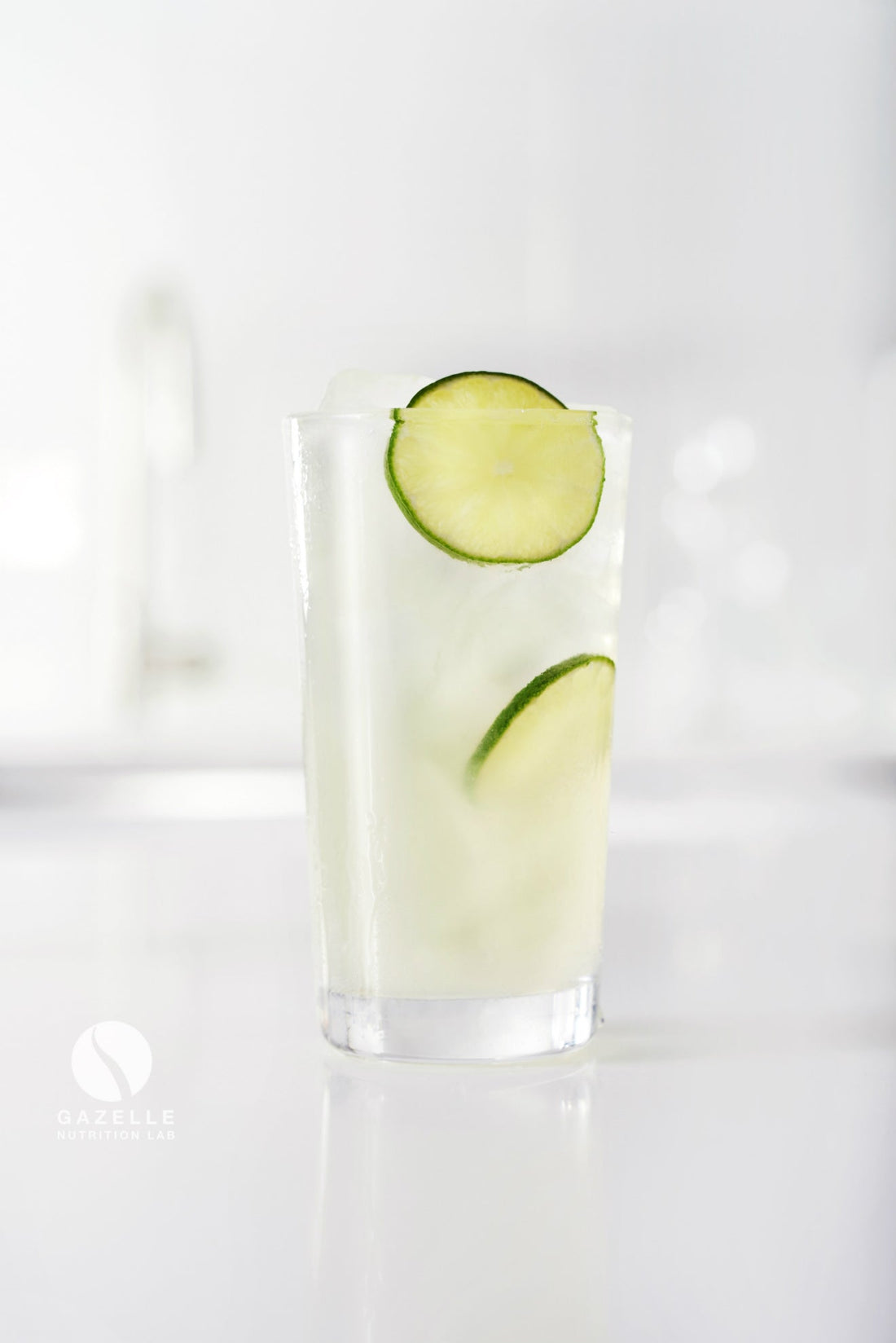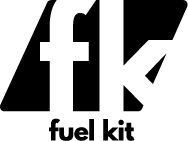
Hydration for Endurance Athletes: How to Prevent Dehydration and Boost Race Performance
Share
Every endurance athlete understands that balancing race speed and hydration for endurance performance can be tricky. Add in heat, no wind, and the inability to meet fluid needs, and it can spell disaster for many athletes- knowing how to prevent dehydration during races is essential.
Why Hydration Matters
Dehydration and poor hydration strategies are some of the biggest performance limiters in endurance sports. During long races, runners and cyclists lose significant amounts of fluid through sweat. This sweat loss leads to reduced plasma volume, increased core temperature, and greater cardiovascular strain. These changes can impair strength, coordination, mood, and cognition, ultimately making the race feel much harder and slow you down.
Even mild dehydration (around 2% body mass loss) can decrease performance, while losses of 5% or more bring concentration issues, and 10% or higher can cause serious health risks such as muscle spasms or circulatory collapse. Despite this, elite athletes sometimes finish marathons having lost up to 8-10% of their body weight- not because dehydration helps their performance, but because they can tolerate it better than most.
Sweat rates vary widely- typically 1–3 litres per hour depending on body size, intensity, and conditions. Unfortunately, as speed increases, it becomes harder to drink enough, especially for runners who can’t easily take in fluids mid-race. Recreational athletes and those in cooler conditions sweat less, but still risk dehydration over time.
Gender Plays a Role
Women may be more affected by dehydration than men, highlighting the importance of a personalized hydration plan for endurance athletes. Studies show women experience greater increases in core temperature and declines in running economy when dehydrated.
Practical Hydration Tips for Endurance Athletes
Aim to Limit Body Mass Loss
It may not be possible for every athlete to restrict losses to less than 2% during competition; instead, aim to mitigate losses to the best of your ability.
Follow a Hydration Strategy
-
2-4 hours before:
- Drink 5-10 ml/kg fluid. For example, a 68 kg/ 150 lb person would need 350-680 ml.
-
During:
- Experts typically advise drinking 400-800 ml per hour.
- Some experts suggest 300-1200 ml per hour to accommodate light and heavy sweaters.
- Fluid needs depend on conditions and your individual sweat rate.
- Cue yourself to drinking regularly, but do not overdo it.
- Drink to thirst- listen to your body.
-
Recovery:
- Replace 125-150% of the fluid lost.
- For example, 1.2-1.5 L for every 1 kg change in body weight.
- Include some sodium to help you absorb and retain fluid.
- Try one of Fuel Kit's tasty sports drink choices to support your hydration and electrolyte balance during training and racing.
Use a Sweat Rate Calculator for Athletes
Use tools like sweatratecalculator.com to estimate your sweat rate based on your activity, size, and environment.
Implement Cooling Strategies to Prevent Dehydration
Use cooling strategies such as cold or slushy drinks before and during the race to reduce sweat rate and perceived effort.
Hyper-hydration for High Sweat Athletes
Those with high sweat rates and no heart issues may benefit from pre-exercise hyper-hydration, which typically involves mixing larger-than-normal quantities of sodium with water, or combining glycerol with fluid. If this sounds like something you would like to implement, we recommend consulting with a sports dietitian.
Put It Together
For those with sweat rates above 2 L/h, pre-race hydration and in-race cooling are critical to avoid dangerous dehydration levels.
The Takeaway
While some dehydration tolerance may be helpful during endurance events, following a hydration plan for marathon runners and endurance athletes is key to maintaining both safety and peak performance. Smart hydration strategies help you race stronger, recover faster, and stay cool under pressure.
In short: Hydration isn’t just about drinking more- it’s about knowing your body, your sweat rate, and planning to perform your best on race day.
References
- Thomas, D. T., Erdman, K. A., & Burke, L. M. (2016). Position of the Academy of Nutrition and Dietetics, Dietitians of Canada, and the American College of Sports Medicine: Nutrition and athletic performance. Journal of the Academy of Nutrition and Dietetics, 116(3), 501–528. https://doi.org/10.1016/j.jand.2015.12.006.
- Sawka, M. N., Burke, L. M., Eichner, E. R., Maughan, R. J., Montain, S. J., & Stachenfeld, N. S.; American College of Sports Medicine. (2007). American College of Sports Medicine position stand: Exercise and fluid replacement. Medicine & Science in Sports & Exercise, 39(2), 377–390. https://doi.org/10.1249/mss.0b013e31802ca597.
- Holtzman, B., & Ackerman, K. E. (2021). Recommendations and nutritional considerations for female athletes: Health and performance. Sports Medicine, 51(Suppl 1), 43–57. https://doi.org/10.1007/s40279-021-01508-8.
- Jay, O., Periard, J. D., Clark, B., et al. (2024). Whole-body sweat rate prediction: Outdoor running and cycling exercise. Journal of Applied Physiology (1985), 136(6), 1478–1487. https://doi.org/10.1152/japplphysiol.00123.2024.
- Dion, T., Savoie, F. A., Asselin, A., Gariepy, C., & Goulet, E. D. B. (2013). Half-marathon running performance is not improved by a rate of fluid intake above that dictated by thirst sensation in trained distance runners. European Journal of Applied Physiology, 113(12), 3011–3020. https://doi.org/10.1007/s00421-013-2746-0.
- Maughan, R. J., Shirreffs, S. M., & Burke, L. M. (2019). Nutrition for athletes: A practical guide to eating for health and performance. Sports Medicine, 49(Suppl 1), S103–S114. https://doi.org/10.1007/s40279-019-01162-1.
_______________________________________________________________________
Written by: Ashley Leone, RD, MSc, IOC. Dipl. Sport Nutr with editing from ChatGpt
Ashley is a sports and performance dietitian and the Founder of Fuel Kit and the Owner of Gazelle Nutrition Lab. Ashley has been a dietitian for over 25 years and holds a Master of Science degree from the University of Toronto, as well as a Diploma in Sports Nutrition from the International Olympic Committee.

